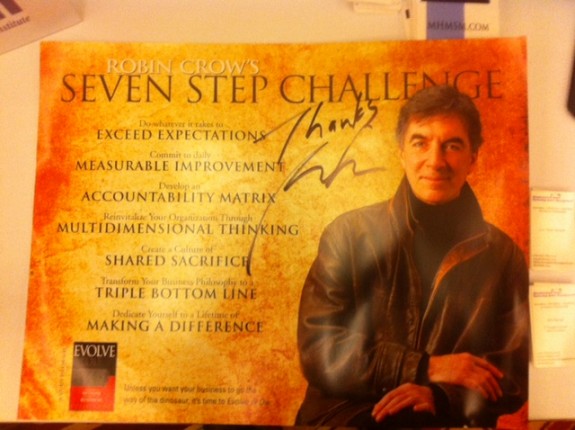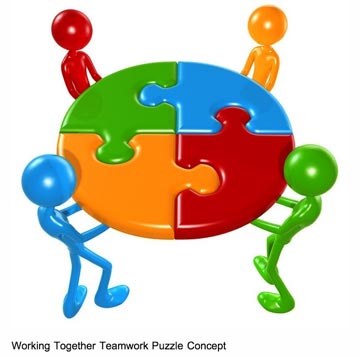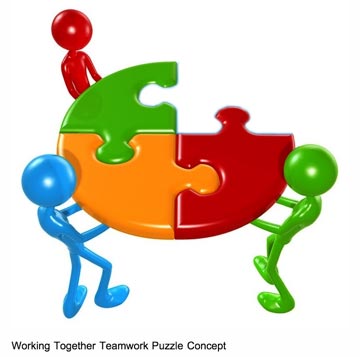by Alexander Green
In just a few weeks, millions of young men and women will graduate from high school or college.
As a friend or family member, you may be wondering what to give this year. Fortunately, I know just the gift your graduate wants.
Cash. (Yes, the same thing he or she wanted last year.)
However, it never hurts to throw in a lagniappe, something small but meaningful. Ideally, a graduation gift should encourage the graduate’s dreams, with one eye on the past and the other on the future.
That’s why I like to tuck the envelope inside a copy of James Allen’s timeless classic, As a Man Thinketh.
Born in Britain in 1864, Allen was a slight boy who suffered from poor health. In 1879, his father – out of work and facing insolvency – sailed to America, hoping to set up home and send for his family. Soon after arriving, however, he was robbed and murdered.
At age 15, Allen was forced to work as a factory knitter and later as a private secretary to support his family. He found the work mindless and unfulfilling but took solace in the evening among his books, often reading the Bible, Shakespeare, Tolstoy and Whitman into the early hours.
In 1903, he decided to devote himself fulltime to writing and that same year published his best-known book, As a Man Thinketh.
It’s a slim volume, one that can be read in less time than it takes to snooze through the average commencement address. But it packs a powerful wallop.
The essential premise is that, even if you’re unaware of it, your underlying beliefs shape your character, your health, your circumstances, and, ultimately, your destiny. Your thoughts create your reality. You literally are what you think.
For this reason, you should be at least as meticulous about the ideas you feed your mind as the food you feed your body, since your life will largely become what your thoughts make it.
This is not to say that your mind alone can heal a serious illness, fix your finances, or change the world. Allen was no purveyor of New Age mumbo-jumbo. He was, above all else, a pragmatist and an advocate of hard work and effort. Yet he understood that every great undertaking begins with a particular state of mind.
Or, as he put it:
- Men are anxious to improve their circumstances, but are unwilling to improve themselves; they therefore remain bound.
- Let a man radically alter his thoughts, and he will be astonished at the rapid transformation it will effect in the material conditions of his life. Men imagine that thought can be kept secret, but it cannot; it rapidly crystallizes into habit, and habit solidifies into circumstance.
- All that a man achieves and all that he fails to achieve is the direct result of his own thoughts … a man can only rise, conquer and achieve by lifting his thoughts. He can only remain weak, abject and miserable by refusing to lift up his thoughts.
- As the plant springs from, and could not be without, the seed, so every act of man springs from the hidden seeds of thought, and could not have appeared without them.
- A man’s mind may be likened to a garden, which may be intelligently cultivated or allowed to run wild; but whether cultivated or neglected, it must, and will bring forth.
- Whatever your present environment may be, you will fall, remain or rise with your thoughts, your Vision, your Ideal. You will become as small as your controlling desire; as great as your dominant aspiration.
Allen insists that circumstances don’t make you. They reveal you. And while you can’t always command the situation, you can always command yourself.
Allen was hardly the first to recognize this. More than 2,300 years old, The Dhammapada begins with these words:
Mind is the forerunner of all actions.
All deeds are led by mind, created by mind.
If one speaks or acts with a corrupt mind,
suffering follows,
As the wheel follows the hoof of an ox pulling a cart.
Mind is the forerunner of all actions.
All deeds are led by mind, created by mind.
If one speaks or acts with a serene mind,
happiness follows,
As surely as one’s shadow.
Sadly, Allen – frail throughout his life – died of consumption at 47. His nineteen books have sold millions of copies – all of them are still in print – but most were published posthumously. Allen was never a wealthy man, at least in the traditional sense.
Yet he believed deeply in his mission. His words have inspired men and women the world over. And he was an enormous influence on followers like Dale Carnegie, Napoleon Hill and Norman Vincent Peale.
More than anything else, As a Man Thinketh is a meditation. But it is also a revelation. Allen demonstrates how your life is enhanced and ultimately perfected by inward development.
It’s a fine message for graduates just setting out to tackle the world – and not a bad reminder for the rest of us, either.
Others have preached a similar message, of course. But few have put it in more poetic language:
He who cherishes a beautiful vision, a lofty ideal in his heart, will one day realize it. Columbus cherished a vision of another world, and he discovered it. Copernicus fostered the vision of a multiplicity of worlds and a wider universe, and he revealed it; Buddha beheld the vision of a spiritual world of stainless beauty and perfect peace, and he entered it.
Cherish your visions; cherish your ideals; cherish the music that stirs in your heart, the beauty that forms in your mind, the loveliness that drapes your purest thoughts, for out of them will grow all delightful conditions, all heavenly environment; of these, if you but remain true to them, your world will at last be built.
Carpe Diem,
Alex
P.S. If you’d like to pick up an inexpensive gift copy of Allen’s book, click here.
Alexander Green is the Investment Director of The Oxford Club. The Oxford Club Communique, whose portfolio he directs, is ranked among the top 5 investment letters in the nation for 10-year performance by the independent Hulbert Investment Digest. Alex is the author of The New York Times bestseller “The Gone Fishin’ Portfolio: Get Wise, Get Wealthy… and Get On With Your Life” and, more recently, “The Secret of Shelter Island: Money and What Matters.” He has been featured on Oprah & Friends, CNBC, National Public Radio (NPR), Fox News and “The O’Reilly Factor,” and has been profiled by The Wall Street Journal, BusinessWeek, Forbes, and Kiplinger’s Personal Finance, among others. He currently lives in Charlottesville, Virginia and Winter Springs, Florida with his wife Karen and their children Hannah and David. www.spiritualwealth.com/about-us/






